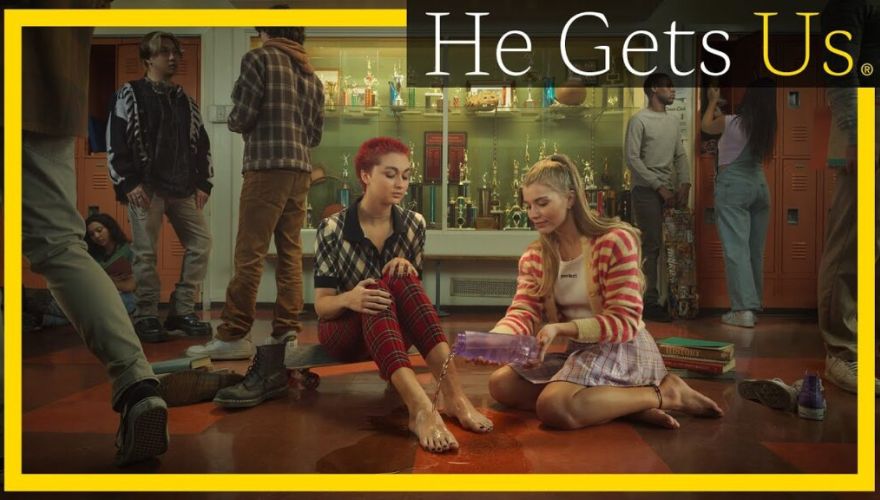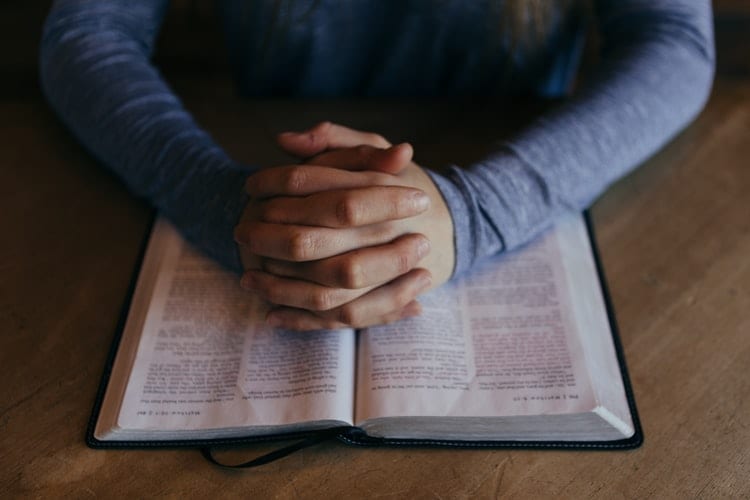NEW ORLEANS – George Zimmerman is acquitted. Trayvon Martin is dead. A mother is without her son. Cities are in uproar. Racial comments have flown in the media.
Nearly 50 years after the Civil Rights movement of the 1960s, our nation still feels that pain of racial tension when trials like Zimmerman’s take center stage on our nation’s media outlets. Our minds fill with questions: Were racial motivations a part of the killing? What are we to make of a mostly white jury, a Hispanic defendant and an African American victim?
Reactions from churches and religious personalities have filled the media from across the spectrum. The New Era Baptist Church, located in Birmingham, Ala., posted the following reactions on its church sign: “George Zimmerman jury supported white racism.” Anthea Butler, an associate professor of religious studies at the University of Pennsylvania, questioned the goodness of God in situations like the Trayvon Martin case. In an interview with the Daily Caller, Butler stated, “God ain’t good all the time. In fact, sometimes God is not for us. As a black woman in an [sic] nation that has taken too many pains to remind me that I am not a white man, and am not capable of taking care of my reproductive rights, or my voting rights, I know that this American god ain’t my god.”
We need to acknowledge we do not know all the details. We do not know exactly what happened the night that Zimmerman shot Martin. We will never know exactly what was said and the motivations of persons’ hearts. Ultimately, we may never know the spiritual status of Zimmerman or Martin. But, in the midst of the crises, the church cannot be silent.
For too long local churches have been scared to give a public voice in the midst of such tragedy. It is one thing for the leadership of denominations to speak for the churches on a national scale, but it is time for local pastors and churches to take a stand of courage and publicly address from the Sunday pulpits the issues of race, crime and hate.
In the book of Amos, God judged the nation of Israel for being a nation that enjoyed political and economic prosperity while tolerating idolatry, extravagance, corruption, and social injustice. God reproached them for their hypocrisy and instead admonished them to let “justice roll down like waters” (Amos 5:24). Local pastors and clergy need to be brave enough to stand up on a Sunday morning and speak truth into the lives of local parishioners, for it is in the local church and the local community where the rubber meets the road for true social change that is Gospel-centered.
What can churches and pastors say and do? First, pastors need to address the faulty theology of teachers such as Dr. Butler to show a biblical view of God. The God of the Bible is the God of all nations and peoples, welcoming whoever will believe in Jesus Christ. He is as much “for us” when we are weak, helpless and struggling with injustices in life as He is when things are going well for us. Likewise, just because we face real problems does not mean we need to impugn the character and attributes of God. God is still good in the midst of tragedy. Vengeance belongs to Him alone, for only He knows the true motivations of the human heart.
Second, local churches and pastors need to take a stand in their community through paths and avenues available to them. I live, pastor, and teach in the great city of New Orleans, but it is a city that continues to deal with racial tension. We have many local organizations that partner with churches to find solutions for problems arising from crime, race, and gang violence. Pastors and churches can work with local organizations and city governments to address the concerns that might be of particular concern to their local context.
Third, pastors and churches need to preach the gospel. As cliché as it may sound, the gospel is the only and ultimate solution to societal problems. Why? As much as Christians want to ensure that our nation’s laws are in accord with biblical revelation (which I believe we should do), we cannot legislate a change of heart. A change of heart can only come through the preaching of the gospel and the work of the Holy Spirit.
We need to remember that any of us could be in the situation of Trayvon Martin or George Zimmerman. How can we change our society with the gospel for the better? Trayvon Martin could have been anyone’s son. George Zimmerman could have been anyone’s father. This tragedy is not just their tragedy. It is a tragedy representative of us all.
(EDITOR’S NOTE – Page Brooks is pastor of Canal Street Church: A Mosaic Community in New Orleans and assistant professor of theology at New Orleans Baptist Theological Seminary. He also is the founder and president of The Restoration Initiative, an inner-city community development organization.)


